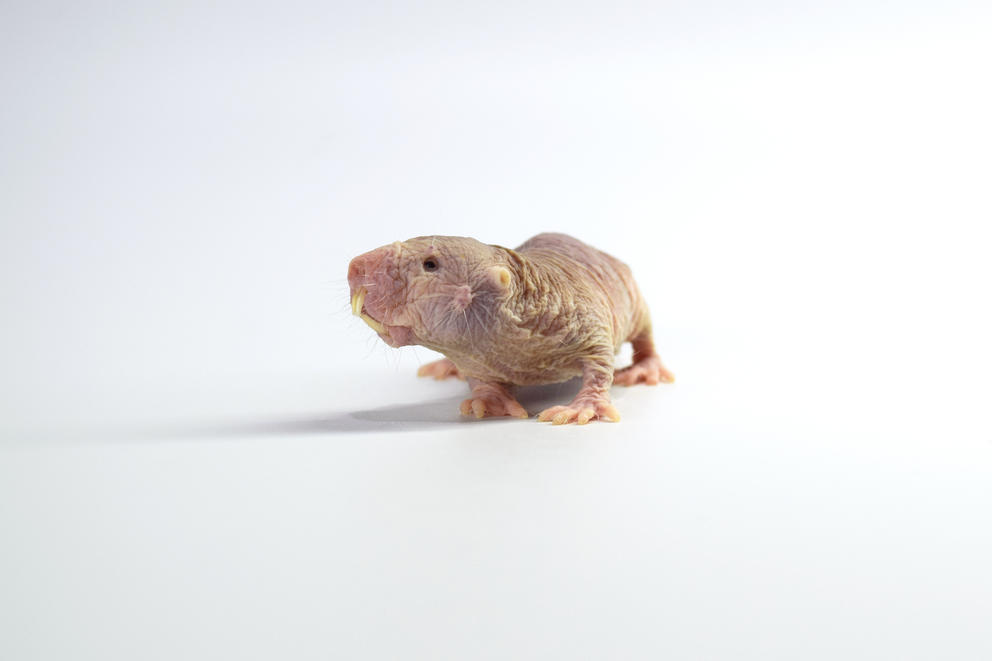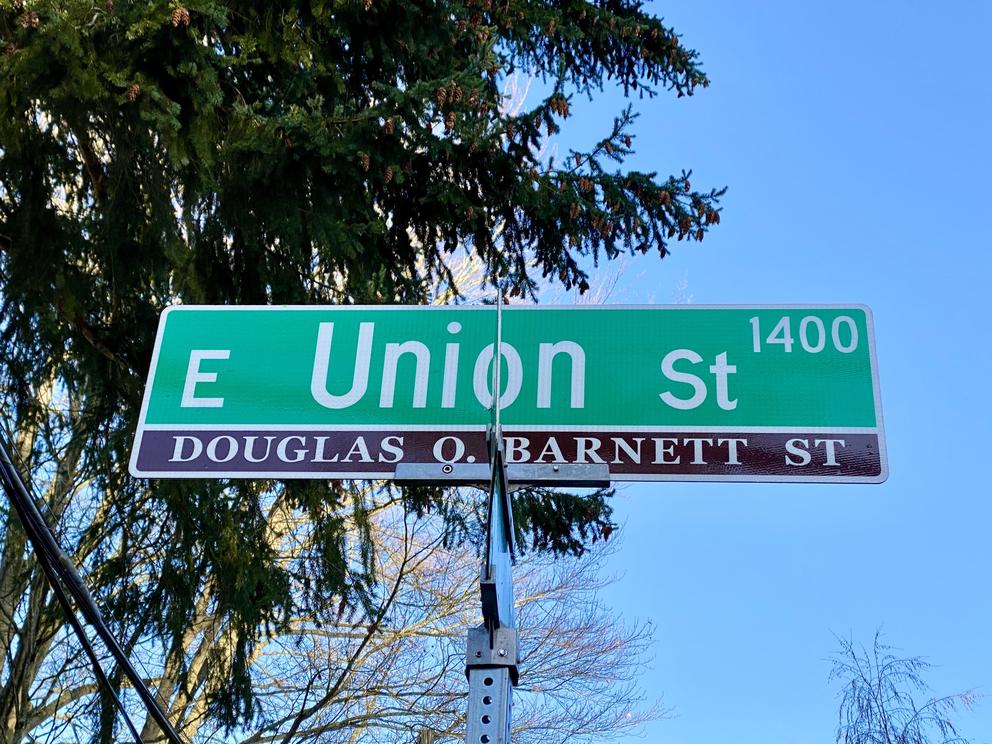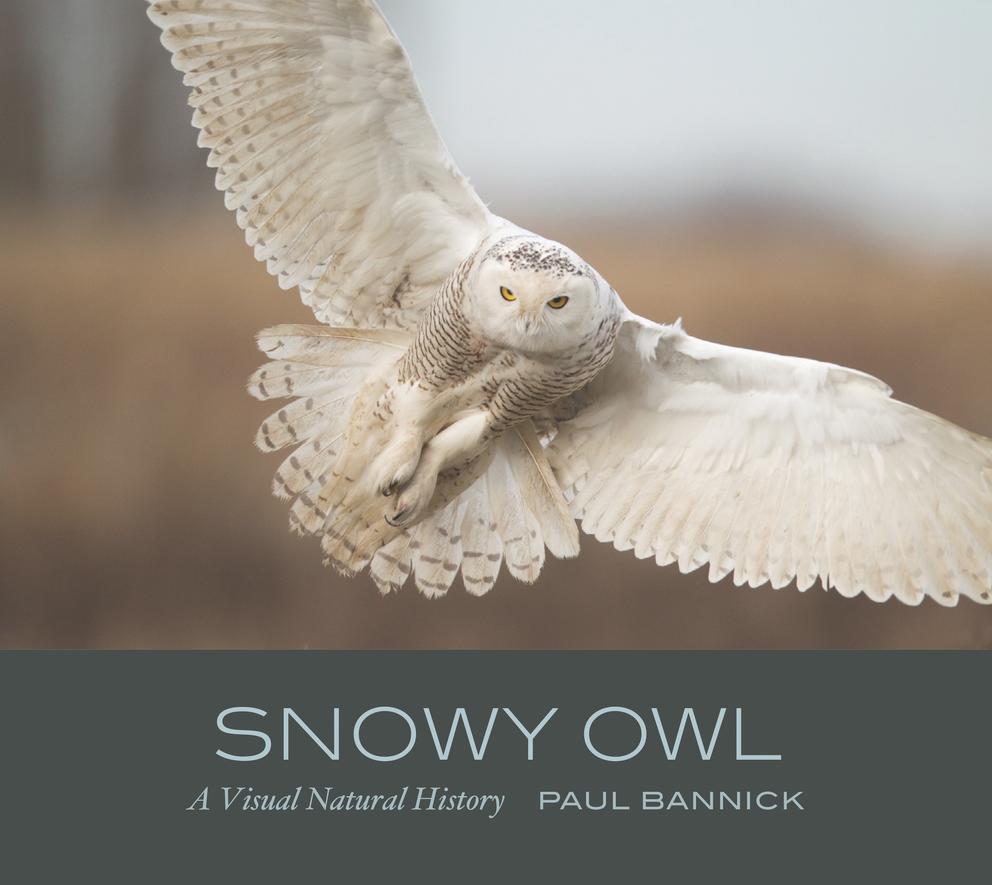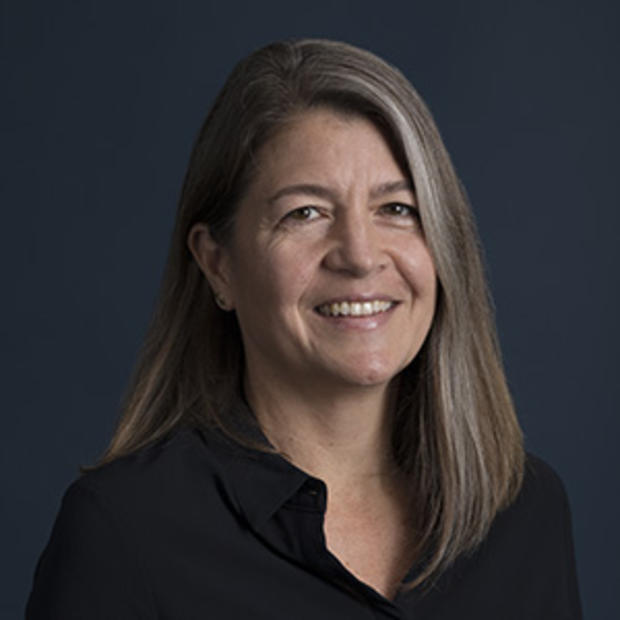Despite staff efforts, the lack of human interaction during the pandemic closure seemed to be affecting the social creatures’ ability to thrive, so PacSci made the tough decision to “re-home” the animals. (Usually, they do thrive — not only are they impervious to cancer, they can live 30 years and move their distinctive front teeth independently, like chopsticks.) But as with many of us, the naked mole rats have discovered they can work anywhere, so they’re setting up Habitrail in the Living Desert Zoo, which is open for visitors. Like their pink-mammal compatriot, the Elephant Car Wash sign, which was permanently removed over Thanksgiving, the naked mole rats are no longer a Seattle staple.
But lest we dwell on “rats leaving a sinking ship,” let’s remember there are good things happening locally, too.
The Grammy nominations came out last week, with nods to several Northwest music mavens. Alt-country singer-songwriter Brandi Carlile (who already has five shiny statuettes on her mantel), earned two nominations, including Best Country Song for “Crowded Table,” by her supergroup, The Highwomen. Guitar legend Bill Frisell — many times nominated over the past two decades — is up for Best Contemporary Instrumental Album, for Americana.
More surprising to see on the list is Seattle Jeopardy! champ Ken Jennings, nominated for his work on the audiobook version of Alex Trebek’s memoir, Alex Trebek — The Answer Is.... Expect to see more of Jennings in the new year, as he was recently announced as the first interim host of Jeopardy! since Trebek’s death in November.
Last week, an important figure in Seattle’s cultural landscape received another kind of nod — perhaps less glamorous than a Grammy, but no less meaningful. New street signs went up in my Madrona neighborhood (along Union Street at 34th and 35th) commemorating Douglas Q. Barnett, who founded Black Arts West Theatre, active from 1969 to 1980. The theater was housed among the storefronts that form our little main street.
I walk along this strip almost daily and frequent the businesses for coffee and Thai food and ice cream. The area had been a predominantly Black neighborhood before gentrification — original home to the Seattle chapter of the Black Panther Party and current home of The Facts newspaper, founded in 1961 to serve the Black community. The nearby park was named for former Madrona resident Al Larkins, an acclaimed jazz musician, music teacher and pillar of the community in the 1950s to 1970s.
But I wasn’t familiar with Barnett, so I was happy to learn he was a key figure in fostering Black theatrical productions in Seattle. (For a frank, sometimes funny, sometimes fiery education in his work, read the five-part personal history he contributed to HistoryLink.) Barnett died last year at age 88, but his legacy as a pioneer in Black theater — guiding young playwrights, actors, dancers, singers and set designers — deserves this permanent and public acknowledgment in a city with a tendency to sweep history aside.
In the same spirit of remembering the elders who contributed mightily to Seattle’s cultural reputation, local writer Mayumi Tsutakawa is presenting a talk for Humanities Washington this weekend called “Washington’s Undiscovered Feminists” (Seattle Public Library, Dec. 5, 11 a.m. free online with registration). She’ll share the history and impact of five “women warriors” with Northwest roots: photographer Imogen Cunningham, jazz musician Ruby Bishop, artist Priscilla Chong Jue, journalist Anna Louise Strong and Lushootseed linguist Vi Hilbert (Upper Skagit). Learning more about these influencers reveals the geologic layers of local culture.
To celebrate current Seattle culture, we have a wealth a new books and readings. Comic illustrator Julia Ward, who I profiled back in April, has collected her series of COVID-19 portraits into a book, The Suspension of Disbelief (available via Push/Pull art and comic store). Composed of illustrated interviews she conducted with essential workers (restaurant staff, a bus driver, a health care worker) at the beginning of the pandemic, it serves as an intimate, artful time capsule — one that captures a Seattle already past, thanks to an illustrated cityscape that includes the Elephant Car Wash sign.
Local nature photographer and owl pal Paul Bannick has released two-hoo-hoo beautiful new books. With Snowy Owl and Great Gray Owl, Bannick trains his lens on these magnificent beasts, educating readers in the habitats and habits of, as he calls them, “two of the world’s most charismatic birds.” Note to avid avian fans: This month, Bannick is teaching an online class, “Owls of North America” (Dec. 8, 15, 22).
Seattle writer and activist Ijeoma Oluo has followed up her bestseller So You Want to Talk About Race with another timely book: Mediocre: The Dangerous Legacy of White Male America. Crosscut reporter Margo Vansynghel spoke with Oluo about “incompetent assholes,” the 2020 election (not necessarily unrelated) and how she remains hopeful. (Oluo is currently on a virtual book tour.)
Finally, a slew of excellent Northwest authors will read at the Virtual Holiday Bookfest (Dec. 5, 3 p.m.). Formerly a popular in-person event at Phinney Books, the line-up is no less luminary, featuring: Spokane-based novelist Jess Walter (reading from his acclaimed new book The Cold Millions); author Kira Jane Buxton (who broke open the talking-crow zombie apocalypse genre with the very funny Hollow Kingdom); Donna Miscolta (who spoke to Crosscut reporter Agueda Pacheco Flores about her new book Living Color earlier this fall); and Erica Baumeister, whose memoir House Lessons: Renovating a Life came out in March, and traces her acquisition of a tumble-down fixer-upper in Port Townsend — a 100-year old house that had nearly been erased from its small plot in the regional landscape.
Get the latest in local arts and culture
This weekly newsletter brings arts news and cultural events straight to your inbox.









